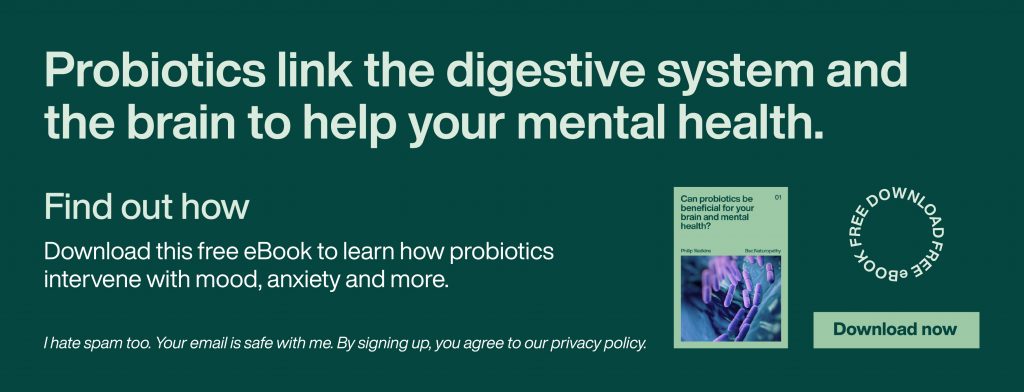Although the prevalence of insomnia in Hong Kong is high, out of four thousand five hundred people surveyed, only forty per cent of adults and ten per cent of children and teenagers sought help to fix it. Let alone tried herbs or supplements for sleep.
That’s sixty per cent of people, or six out of ten, experiencing less than optimal sleep in Hong Kong.
This deficit highlights a need to help better because sleep plays a role in nearly every aspect of our daily function.
For example, metabolism, appetite control, and the functioning of our immune, hormonal, cardiovascular and digestive systems are all influenced by how we sleep.
In this Free and Inspired radio episode, get straight to some of the herbal and supplemental options for poor sleep and the evidence behind them.
For example, learn about the relationship between sleep medicine, both herbal and pharmaceutical, and the brain chemical GABA.
Learn about the best time to take specific herbs and what type of sleep disturbances they suit.
Valerian, for example, helps reduce the latency of sleep onset or, in English, enables you to sleep quicker. It also increases sleep quality.
Discover why using Chamomile as a tea only unlocks half of its potential.
Find out why using one of the world’s most popular teas in tincture form unlocks a more substantial effect on your sleep.
Chamomile tea isn’t the only tea-oriented solution for sleep issues.
Learn more about L-theanine from green tea and why using it with other sleep aids helps with sleep quality, stress and anxiety.
All this and more in this episode of Free and Inspired radio!
Watch Video Now
Listen to this episode on Free and Inspired Radio
Listen to Free and Inspired Radio on your favourite platform

